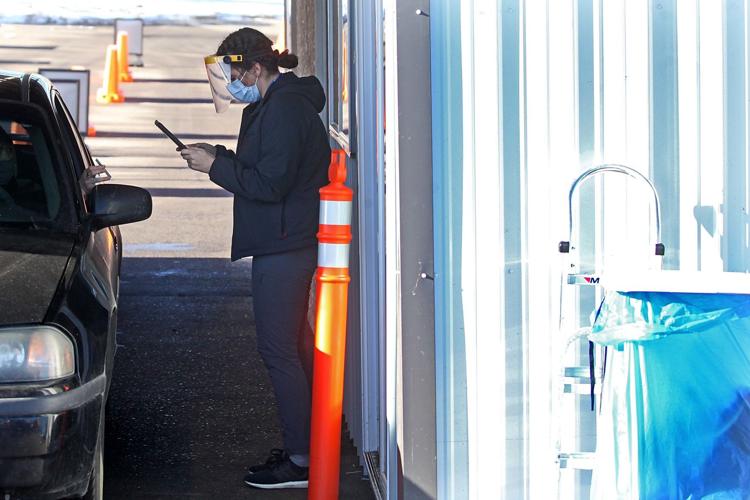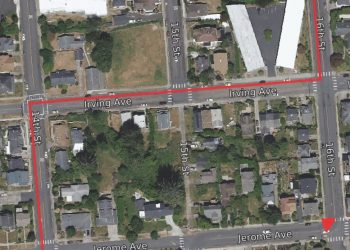BOZEMAN, Mont. – Gov. Steve Bullock announced this week that Montana could begin receiving doses of coronavirus vaccines as soon as Dec. 15, but there are still unanswered questions as far as how that vaccine will be distributed to the general public.
Bullock said he plans to follow federal recommendations for vaccine distribution, which would mean that Montana’s thousands of health care workers and long-term care residents would be the first to receive the vaccines. In Montana and across the country, those two populations have made up large portions of total deaths related to COVID-19.
Those federal recommendations, handed down by the CDC Advisory Committee on Immunization Practices (ACIP), recommend vaccinating in phases from most vulnerable populations to less vulnerable, especially during early stages when the vaccine is not yet widely available.
After health care workers and long-term residents are vaccinated, ACIP recommends people at high risk because of medical conditions and anyone over 65 be next in line for the vaccination. After that comes essential workers and people in critical industries, like people who work in grocery stores and pharmacies, then the general public.
Lauren Brendel, a spokesperson for Bozeman Health, said in a statement to the Chronicle that Bozeman Health has been working with local and state officials to nail down a timeline for vaccinating health care staff and, later, the general public.
“Bozeman Health has assembled a multidisciplinary vaccination task force that is meeting regularly and establishing plans for internal distribution and administration of the vaccine to employees, providers, and Hillcrest (Senior Living) residents who wish to be vaccinated, as well as planning for when the vaccine will be available to additional members of our team and the general public,” Brendel said. “We hope to have more information to share next week.”
Under the CARES Act, most people with employer-sponsored health care and Medicare will receive the vaccine for free.
However, people who aren’t insured or who are insured under Medicaid, Children’s Health Insurance Program (CHIP) or short-term insurance programs may have to pay for part or all of the vaccine. NPR reported in early August that Moderna, one of the companies manufacturing vaccines and the company whose research was partially funded by the iconic Dolly Parton, was selling doses to other countries for between $32 and $37.












